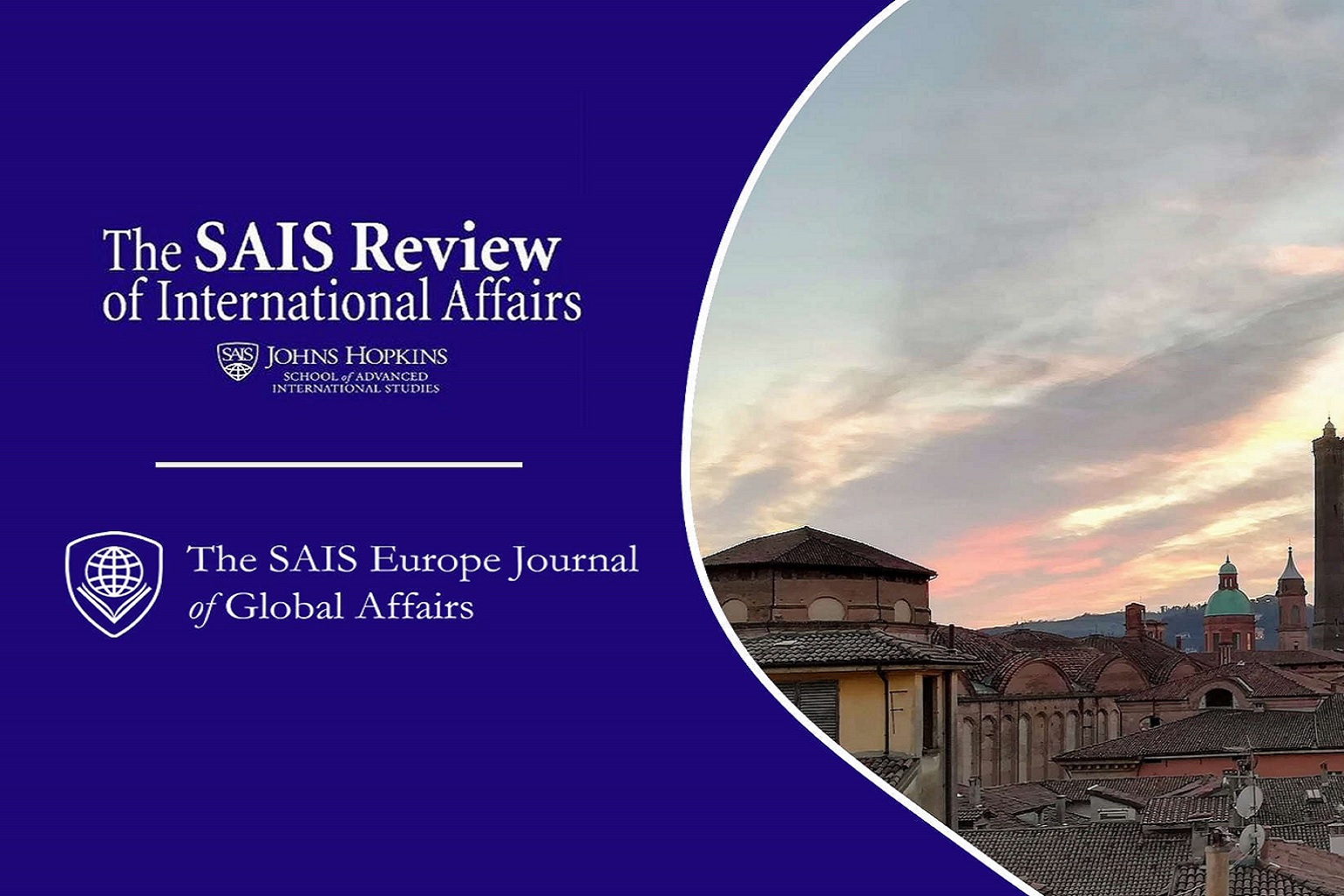
Tag nuclear

A Post-Arms-Control World: The United States, Russia, and a New Policy Paradigm after the INF
As this historically significant arms-control treaty unravels, two of the world’s superpowers are heightening the potential for military conflict.
The Nuclear Spectrum
Much of the public discourse on nuclear security is based on the implications of binary scenarios: a nuclear state versus a non-nuclear one. This approach does not account for the fact that beyond these two positions lies a spectrum of relative nuclear capabilities and characteristics. Factors that determine the position of a state in this nuclear spectrum include the size of its nuclear arsenal, its delivery capabilities, the vulnerabilities of its nuclear infrastructure, and its tactical deployment strategy. The state’s relative position, in turn, produces different security implications.
Ending the Korean War
In this article, Dr. Michael F. Duggan traces the roots of the present conflict on the Korean Peninsula to its origins during the Korean War. After a discussion on the causes and the course of the war, he then discusses the implications of a North Korea with nuclear weapons as well. He then discusses the reasons why North Korea would seek to develop a nuclear bomb in the first place. Dr. Duggan then closes by proposing ways that the US and China could work together to avert a potential nuclear war on the peninsula.
Strategic Vision: An Interview with Zbigniew Brzezinski
The SAIS Review chats with former National Security Advisor Zbigniew Brzezinski about his new book, Strategic Vision, and some of the most pressing issues—American decline, Iran, and China—facing today’s policy-makers.
